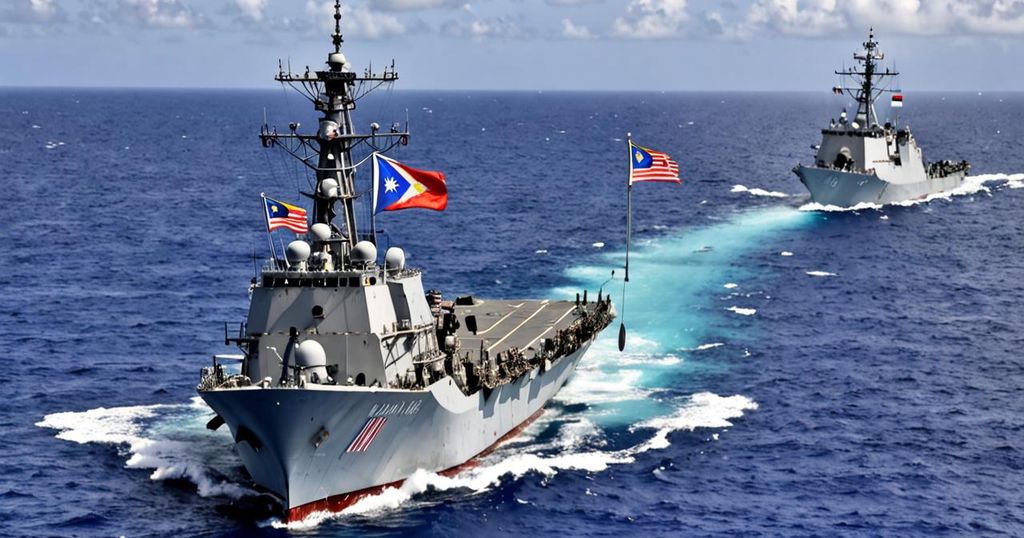The Philippines has recently declined offers of assistance from the United States in dealing with tensions in the South China Sea, particularly in the wake of clashes with China over resupply missions for Filipino troops on a contested shoal. Despite being a treaty ally, the US has extended its support, but Manila has expressed its preference to manage operations independently.
Armed Forces Chief General Romeo Brawner revealed that the US has offered support, but the Philippines wishes to exhaust all possible options before seeking external help. This decision comes after a Filipino sailor sustained injuries during a clash with the Chinese coast guard on June 17, prompting Manila to view the incident as a deliberate act of aggression.
The Philippines and the US are bound by the Mutual Defense Treaty of 1951, a crucial military pact that could be invoked in the event of armed attacks on Philippine forces, public vessels, or aircraft in the South China Sea. Nonetheless, the Philippines remains steadfast in its resolve to handle the situation on its own.
Tensions between the Philippines and China in the highly contested South China Sea have escalated over the past year, with Beijing asserting its claim to the region and the Philippines carrying out resupply missions to support its troops stationed on a grounded warship in a disputed shoal.
Despite some calls for direct US naval support for the resupply missions, Philippine National Security Adviser Eduardo Ano emphasized the country’s desire for the operations to be solely Philippine-led, citing them as a legitimate national interest. He also emphasized that the invocation of the Mutual Defense Treaty with the US was far from being considered at present.
The United States’ offer of support is seen as a reflection of the enduring military alliance between the two countries, rather than a direct response to the specific incident. While the details of the support offered by the US have not been specified, it is apparent that the Philippines is determined to assert its rights and protect its national interest in the face of escalating tensions in the South China Sea.
The Permanent Court of Arbitration in the Hague previously ruled that China’s expansive territorial claims in the South China Sea held no basis under international law, but China has continued to assert its presence in the region, causing concern for neighboring Southeast Asian claimants and the US.
As the Philippines stands firm in its decision to handle the situation independently, the dynamics of the tensions in the South China Sea remain complex and uncertain. The refusal of US assistance signifies the Philippines’ commitment to upholding its interests and sovereignty amidst the ongoing dispute with China.
The South China Sea is a critical shipping lane with approximately $3 trillion in trade passing through it annually, and the overlapping territorial claims by various countries have heightened the need for a peaceful resolution to the ongoing disputes in the region.
In conclusion, the Philippines’ rejection of US assistance in the South China Sea dispute underscores its determination to uphold its sovereignty and national interests in the face of escalating tensions with China. The evolving dynamics in the region call for a delicate balance of assertiveness and diplomacy to navigate the complexities of the situation.

Leave a Reply